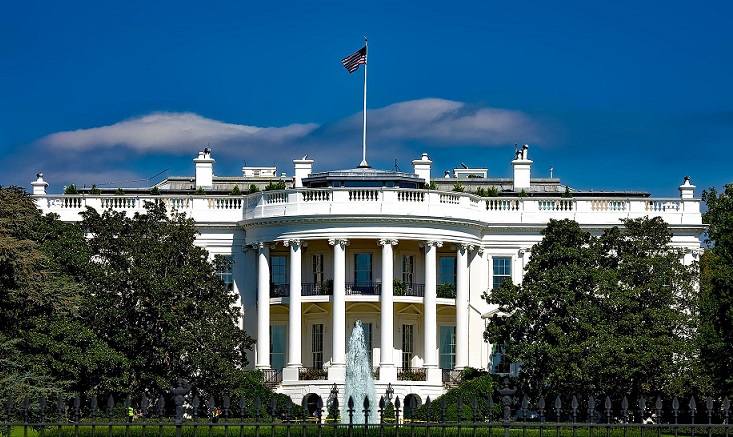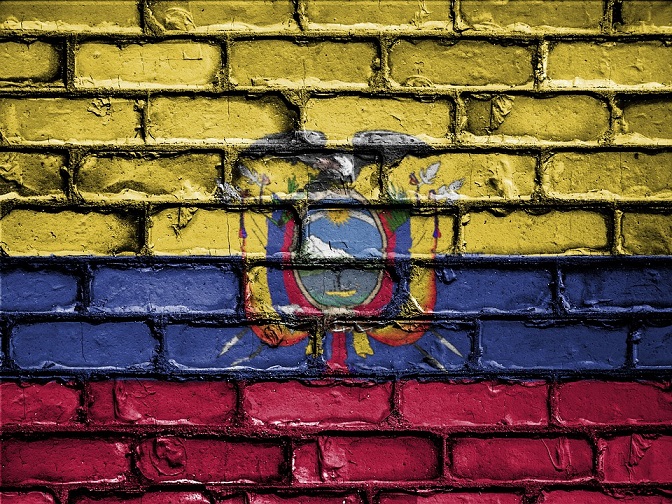The visit of Samantha Power, the administrator of the United States Agency for International Development (USAID), to Quito accentuates the presence and activities of her institution in the South American country, from where they were expelled in 2014 by the government of then-President Rafael Correa.
 The former president decided to remove the agency from the national territory after denouncing its financing to institutions “disguised as NGOs (Non-Governmental Organizations)” under an alleged program of “strengthening democracy.”
The former president decided to remove the agency from the national territory after denouncing its financing to institutions “disguised as NGOs (Non-Governmental Organizations)” under an alleged program of “strengthening democracy.”
Then, in 2019, during the term of Lenín Moreno, the relationship between Ecuador and the United States took a turn and USAID returned to implement its “support programs.”
In recent days, Power told the press that it will implement an initiative in Ecuador to provide technical assistance to the central government, as well as to provincial and municipal administrations for the strengthening and management of security plans.
Last week, the president of Ecuador, Guillermo Lasso, and the head of the U.S. agency discussed these cooperation plans at the Carondelet Palace that, according to the visitor from the northern country, will “make a difference in the fight against the increase in crime and violence.”
During the meeting, the outgoing president highlighted the cooperation they maintain with that agency.
The day before, the U.S. official presented a project that, according to her, will improve the conditions and economic opportunities of some 800 small Ecuadorian farmers and assured that USAID will continue its support to Ecuador when Noboa assumes the presidency.
 The future president, who is due to take office on November 30 or December 1 (it is yet to be determined), will continue his predecessor’s line of deepening the relationship with the United States, according to users on social networks who describe that attitude as sell-out.
The future president, who is due to take office on November 30 or December 1 (it is yet to be determined), will continue his predecessor’s line of deepening the relationship with the United States, according to users on social networks who describe that attitude as sell-out.
After his meeting with Power, President-elect Daniel Noboa told the press that USAID is aligned with the interests of his government and will support it with security plans, with an investment of more than $50 million, and infrastructure projects to generate employment. “We will have a second meeting to reorganize the programs that were already underway and focus on our priorities, but first we must promote urgent economic laws and a popular consultation,” said the next Ecuadorian head of state.
Power, for her part, announced that the agency’s office in the country will be upgraded and become a full-fledged mission.
Currently, according to the U.S. ambassador to Ecuador, Michael Fitzpatrick, the different entities of his country dedicate around 100 million dollars annually to Ecuador.
 The statements of the current and future authorities of this Andean nation indicate that the policy of closeness to the White House will be maintained and even reinforced, despite the questioning of analysts, political leaders and citizens.
The statements of the current and future authorities of this Andean nation indicate that the policy of closeness to the White House will be maintained and even reinforced, despite the questioning of analysts, political leaders and citizens.
In international geopolitics, Ecuador will remain a key territory for U.S. interests in Latin America. PL
(Translated by Cristina Popa – Email: gcpopa83@gmail.com) – Photos: Pixabay












.jpg)












